Budget 2014: What it means for you
- Published
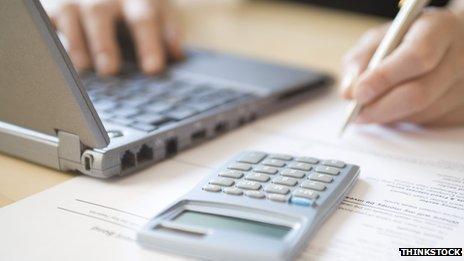
Big changes are expected for the savings and pensions system
A Budget of "hard truths" was promised by Chancellor George Osborne this year.
So, will the truth hurt the finances of individuals and small businesses, or will it allow them to stretch their income even further?
Very few giveaways were expected, owing to the state of the economy and the continuing programme of austerity.
Yet, the chancellor made an eye-catching announcement or two on pensions and savings in the year before a general election for noisy MPs in the Commons and the country as a whole to mull over.

Which change will affect people the most?
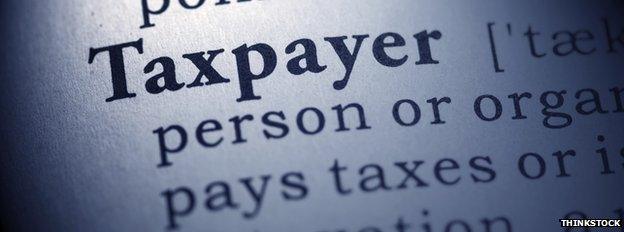
The personal allowance is the first chunk of income that individuals can earn before they pay tax.
The threshold has been rising steadily during the tenure of the coalition government, and Mr Osborne previously announced that it would rise to £10,000 in April.
Now, he has said that the personal allowance will go up further to £10,500 in 2015-16.
That will mean more of the low-paid being free of the income tax burden, and will reduce the bill for many more. A basic rate taxpayer will see a saving of about £112 in 2014-15 and a further £100 in 2015-16 on their annual income tax bill.
But it will cost the Treasury £1.4bn in 2015-16, rising to £1.89bn in 2018-19.
In recent years, the number of people who pay the higher rate of income tax has grown. Higher earners are dragged into the higher rate of tax as their earnings go up, but the threshold at which the higher rate is paid does not go up as fast.
In 2015-16, the threshold for the higher rate will go up pretty much in line with the personal allowance, but this trend may well carry on.
It is also worth remembering that millions of pensioners saw their personal allowance frozen in a change announced in the Budget in 2012, so they will not benefit from the latest rise.
Meanwhile, for those who can pay tax, but repeatedly fail to do so, the chancellor will give powers to HM Revenue and Customs (HMRC) to raid their accounts to recoup the tax due.

Have pensioners won or lost out?
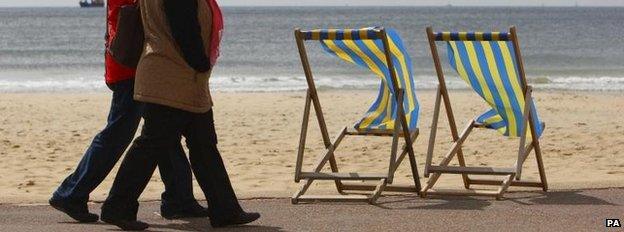
The chancellor announced some massive changes to the world of pensions.
At the moment, anyone who saves a decent sum into a defined contribution pension - one where your pension depends on how much your savings are worth - usually has to buy an annuity with their lump sum, or face a hefty penalty. An annuity is effectively a bond which provides a retirement income for the rest of your life.
Mr Osborne announced a plan for a new law that will get rid of the requirement to buy an annuity entirely. Instead, people will be able to take the lump sum as cash and organise their own spending.
But what that means is that pensioners who take the cash option are likely to pay income tax earlier than they would have done with an annuity. If they take a big lump sum all at once, they could even find themselves paying the higher rate of income tax.
Evidence of this can be found in the Budget documents, which show the change announced by the chancellor will bring the Treasury £320m in 2015-16, rising to £1.2bn in 2018-19. It is not projected to cost the Treasury money until 2031.
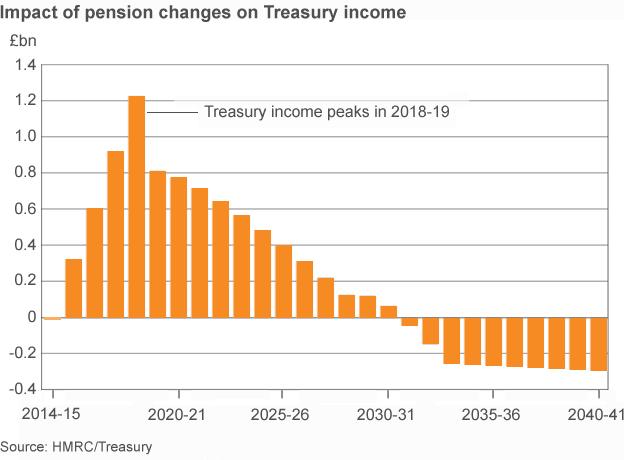
To help pensioners make these choices, they will be able to access free advice. The pensions industry, which has not always had the best reputation, will undergo an enormous overhaul as a result. The annuities market was recently described as "disorderly" by the City watchdog.
It is important to note that anyone who already receives an annuity will not be able to change that existing arrangement under these planned new rules.
It may be a bit of a stereotype to suggest that many pensioners enjoy a game of bingo. Still, the chancellor, while rising the duty on fixed-odds betting machines, will halve the duty on bingo from 20% to 10%.
As well as spending, pensioners will be able to save in a special bond for over-65s, starting in January, with an interest rate of about 2.8% for a one-year bond, or 4% for three years. The precise rates will be announced in the autumn, but are likely to be more generous than many savings rates.

Indeed, savers have had it tough. What help is there for them?
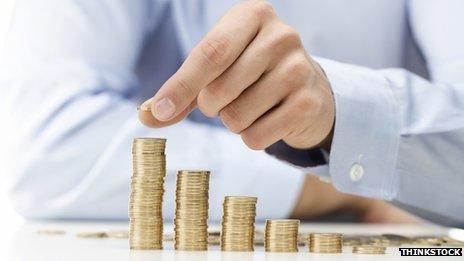
Savers have been incandescent over the poor returns they have seen amid five years of record low interest rates, with the Bank rate at 0.5%.
So the chancellor has announced big changes to the Individual Savings Account (Isa), meaning that they can now save more tax-free.
In April, the limit that could be saved annually was rising to £11,880, with only half allowed to be saved in cash.
However, the new policy means, from July, it will be possible to save £15,000 in total in cash any mix of cash or stocks and shares.
Isas are also going to be more flexible, so money in stocks-and-shares Isas can be switched to cash Isas.
The chancellor has also followed through on a long-term promise to abolish the 10p starting rate of tax on income from savings.

Any plans for family finances?
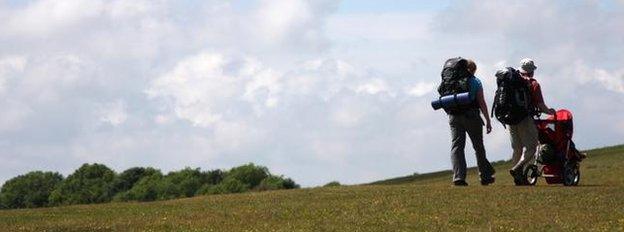
Family finances are likely to be a key political battleground at the general election.
So, in the run-up to the Budget, the government said that working families would get more of a subsidy for childcare costs.
Parents paying 80% of childcare costs of up to £10,000 per child, aged up to 12, to a registered provider will get the remaining 20% from the government tax-free from September next year.
Families trying to get on the property ladder have also been seeing prices rise, partly owing to a lack of new homes being built. Another pre-announced plan was the extension of one element of the Help to Buy scheme for four more years to 2020. This offers an equity loan for people buying a new home in England for less than £600,000.
This was joined by other measures to encourage the building of homes. Yet, those who use a company to buy residential homes for more than £500,000 will face a 15% stamp duty charge. Previously this was charged only on homes bought for more than £2m. Sometimes, celebrities use this tactic to keep their property purchases anonymous.
In addition, the chancellor says that a change to green taxes on energy will save the average family £15 on their annual energy bill, although this is a tiny proportion of a typical dual-fuel bill.

What news on booze?
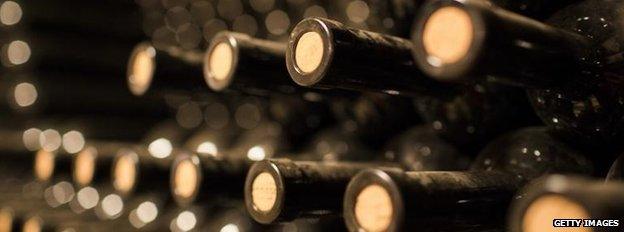
The chancellor announced, with a smile and a glass of water at his side, that a penny of duty will be cut from beer prices.
Other alcohol taxes will rise with inflation, with exemptions for Scottish whisky, a big UK export, and ordinary cider, the suppliers of which were hit by the poor weather.
Tobacco duty will rise by 2% above inflation, as previously announced.